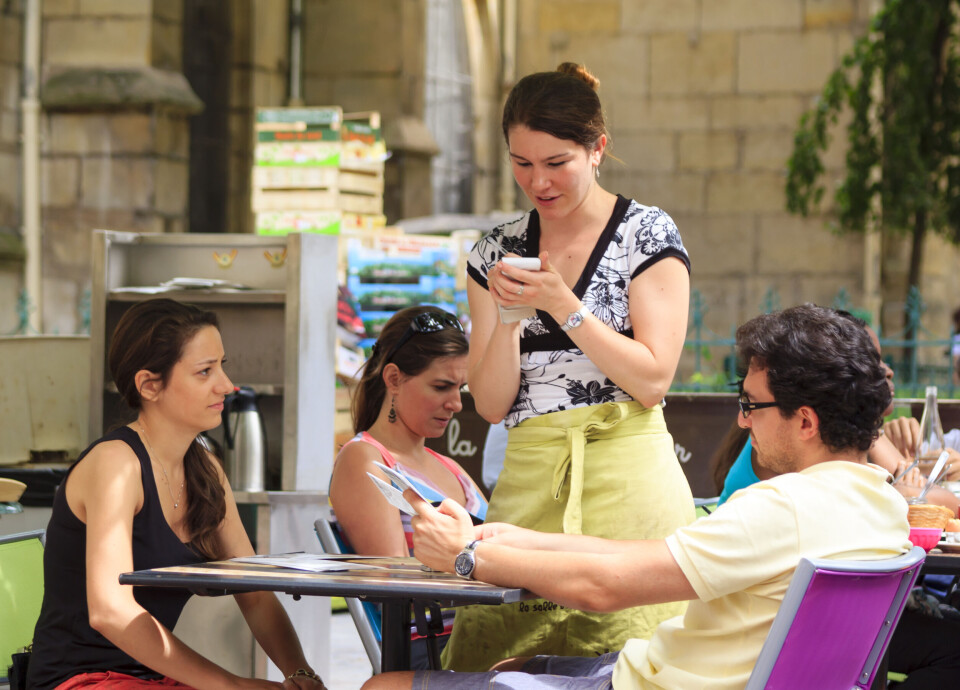-
I became a professional upholsterer after moving to France
Jo MacDonald, 59, describes how she monetised her hobby in Gers
-
France and UK edge closer on youth mobility deal
Key differences remain but partners have struck a 'warmer tone' over plans
-
Struggle to find tradespeople for home repairs in France, survey finds
67% of respondents believe 'the government could implement more measures to improve the situation'
The jobs that French employers have the hardest time filling
Some posts are so difficult to fill that employers have been lowering their recruitment standards

Waiting staff, winegrowers and general catering workers are among the jobs French employers are most commonly looking to fill, according to the country’s unemployment agency.
Pole emploi said there were 122,000 ‘intentions to hire’ for restaurant and cafe waiting staff, followed by 121,000 for seasonal agricultural roles such as winegrowers, arborists or pickers and 110,000 for general purpose catering staff.
The numbers were revealed in the agency’s annual ‘labour force needs’ report.
It carried out a survey - that got 422,000 responses - between October and December last year that is the basis for a ‘top 10’ list of positions employers are most commonly looking to fill.
On top of this, it also highlighted the jobs that employers had the most difficulty filling, including roofers, pharmacists, home helpers and housekeepers.
Top 10 jobs that employers are most commonly looking to fill
Read more: Jobs boom: which sectors are recruiting most in France?
Top 10 positions that are hardest to fill
Read more: Explained: Types of employment contracts in France
‘No-CV recruitment days’
The Pole emploi report comes as some employers in the hospitality sector have reported recruiting workers without full CVs to fill seasonal roles.
Hospitality union l’Union des métiers et des industries de l’hôtellerie (Umih) has said that vacancies in the industry have reached as many as 200,000 for seasonal roles in summer 2023.
As a result, some employers are bypassing traditional recruitment practices to find staff.
Thomas Badier, director of takeaways at the Restaurants de la Tour Eiffel, told FranceInfo: “We’re not necessarily looking at people’s ability, schooling or education, but rather at their [relevant] experience and their motivation.
“On paper, someone can look impressive, but in person, in real life, there can be a disconnect.”
Hotel group Accor has even launched ‘Journées sans CV’ (no-CV days).
These are mobile recruitment drives in major French cities where interviews focus more on practical skills than relevant experience.
Nicolas Saint-Marc, France Director of Human Resources at Accor, said: “We test them on simulated situations. For example, we ask them to identify seven errors in a room that has been cleaned. We might also ask them to set a table in the best way they think.”
Accor said that it had raised its seasonal worker pay in comparison to its closest competitors in a bid to attract more people.
However, hospitality still has a reputation for being a difficult industry to work in, with split shifts, antisocial hours, and employers differing over whether they offer accommodation.
Related articles
Job vacancies: waiters wanted in France’s post-Covid employment boom
























